When I turned 18 I was excited about a lot of “grown-up” responsibilities. I could finally get my ears pierced without my mother’s consent. Purchase property and cars, and even open my own credit card. I was excited about being recognized as a fully-fledged member of society. The power to vote and elect officials who can better serve my community was important to me. I finally felt that my voice could be heard. I also became eligible to vote during a major election season. However, I became more disillusioned as I got older and became more aware of how the legal system truly worked.
The simple fact that our only hope for change is between two people every year has driven my desire to vote in presidential elections to the ground. My ancestors saw voting as a tool to create progress. A change for the America that they built. Not a means of control propagated by two parties who essentially only work for the profits of themselves and large corporations. More progress has happened on the local level. Grassroots campaigns have allowed independent leaders to sow seeds for a more inclusive environment.
However, change on the national scale can never be achieved as long as we as Black people continue to play into the game Democrats and Republicans have constructed to keep us oppressed. Either way, we are in a lose-lose situation. So long as we continue to align ourselves with political parties that are either passive about our struggle or ignorant of it.
Post-racial Society
I was in the 5th grade when Obama was inaugurated as President. His being a Black man assuming the office of Presidency filled me with joy and hope for a brighter future. The term “post-racial society” was coined to signify the strides America has made from its racially oppressive past. America had elected its first African American president. Barack Obama served as a pillar of Black excellence as many looked to him to curb the rising tensions between the police and the communities they were supposed to serve.
Several Obama administration policies did drastically improve the livelihood of many Black Americans. The Affordable Care Act that “cut the Black uninsured rate by a third,” according to BBC News. His policies were meant to aid lower-income and marginalized communities, both of which African Americans are large members of. However, Obama has been criticized for never swaying too far into racial tensions as not to alienate his more conservative supporters. Calling America a “post-racial society” told a largely inaccurate portrayal of Obama’s administration as society saw racial tensions become worse.
The Black Vote
When Obama’s second term was drawing to a close in 2016, thousands of Black children who eagerly watched his inauguration at the tender age of 10, were now armed with the power to vote for the next Commander in Chief. By the same token, the same generation was now very much aware an overhaul of centuries-old oppression was a task that could not be accomplished through the system that perpetuates it. My faith in reform dwindled as I saw politicians pander to Black voters with empty promises. Black celebrities were also used to take a deeper hold of the community.
Since 1976, a majority of Black people aligned themselves with the Democratic party. Actually, since the 1980s, no Democratic candidate was able to snag the party’s nomination without successfully gaining the support of Black voters. However, only 2 of the nominees won the eventual presidential election. Conditions for Black people under those administrations were virtually unchanged. Race riots, police brutality, white supremacist attacks, and societal oppressive legislation ensued despite a growing Black turnout throughout each election. I cannot ignore the strides several presidents have made to try to improve the quality of life for Black people, but it seems far too easy for this goodwill to be overturned by whoever wins the next election.
Coming next: Why I Was Wary About Voting – Part 2. Black Lives Matter
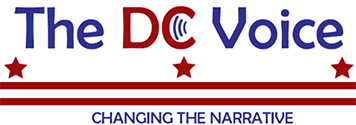










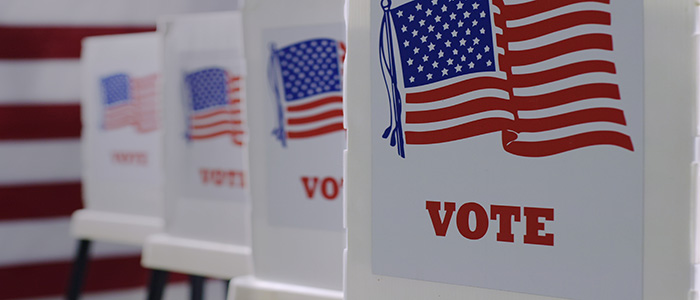
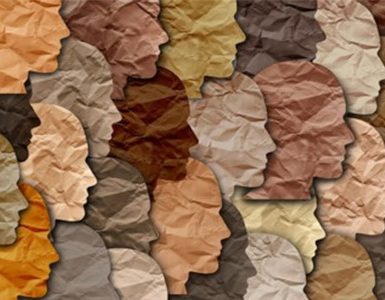
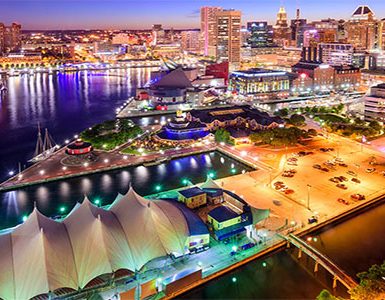
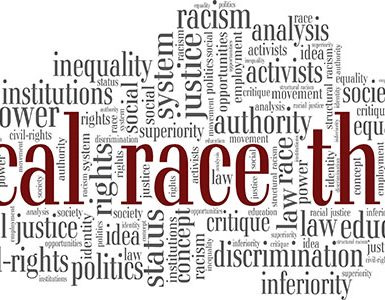

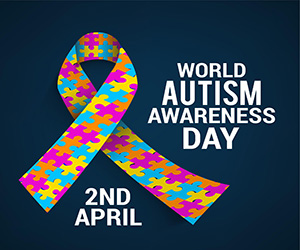
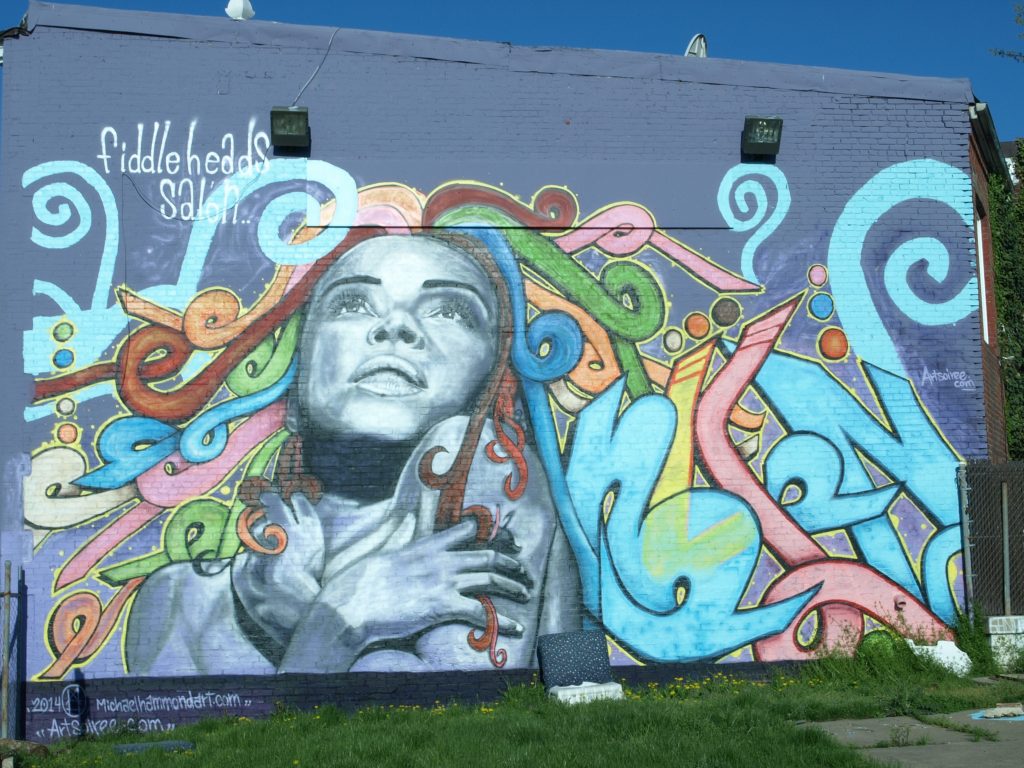
Add comment